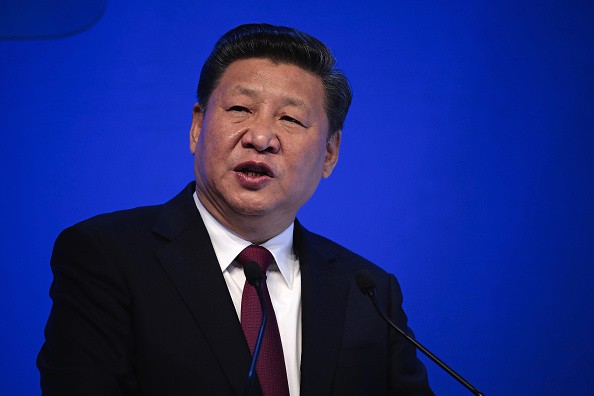The Chinese president has always been known for wanting to drive the country out of poverty. His early days as a young cadre of the Communist Party of China marked many efforts to help the poor.
He rose to the country’s top position from a lowly worker’s job in Shaanxi. Least to say, poverty is an issue that he is very familiar with
As President of the Communist Party, he has already visited more than 30 poor towns and villages. He has always stressed the importance of the marketplace to improve community-based economies and the environment.
“No one should be left behind on the road to a moderately prosperous society,” he said. The government intends to eradicate poverty by 2020.
He then recalled his experiences in Liangjiahe village in Yan'an, Shaanxi. It was 1969 and he was there as part of Mao Zedong’s youth integration program in the rural areas.
"Experiencing such an abrupt change from Beijing to a place so destitute, I was deeply affected," Xi said.
He said that the town was pitch dark and there was no electricity. He would travel mountain roads while carrying loads as much as 50 kilograms.
The situation was so hard, according to the great leader. His earnings would not even be enough to buy him a pack of cigarettes.
He then worked in the Ningde Prefecture, one of the poorest areas in the Fujian Prefecture. He even went to places that were declared uninhabitable by humans in Xihaigu.
"The families I visited did not have enough to eat, and the drinking water—salty to the taste—was brought from afar," Xi said.
American publication, The Atlantic, wrote about President Xi Jinping’s anti-poverty drive, which was going to be done through fighting corruption.
The commentary stated that President Xi Jinping “has instead embarked on an apparent effort, unprecedented in the modern world, to transform the people who make up the state, rather than the structure of the state itself.”



























